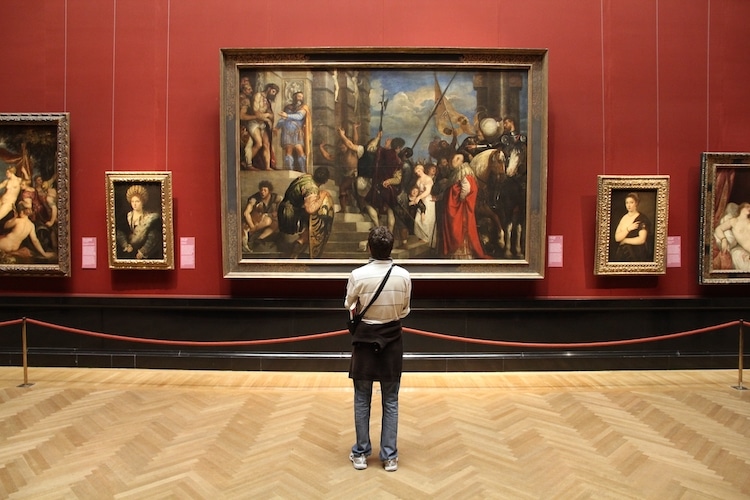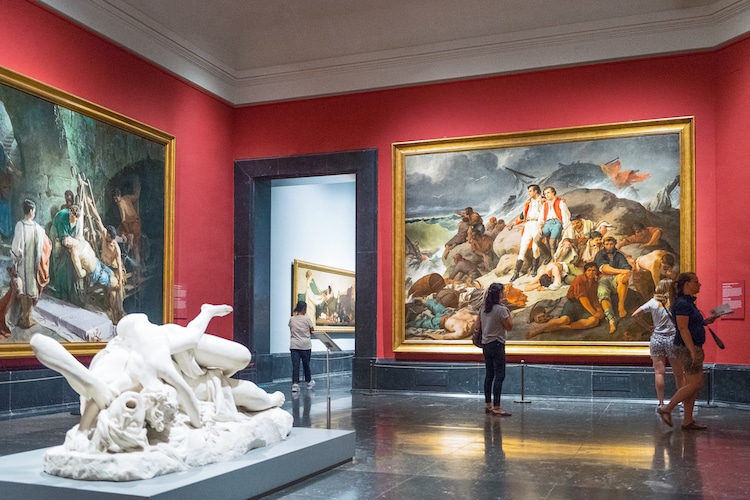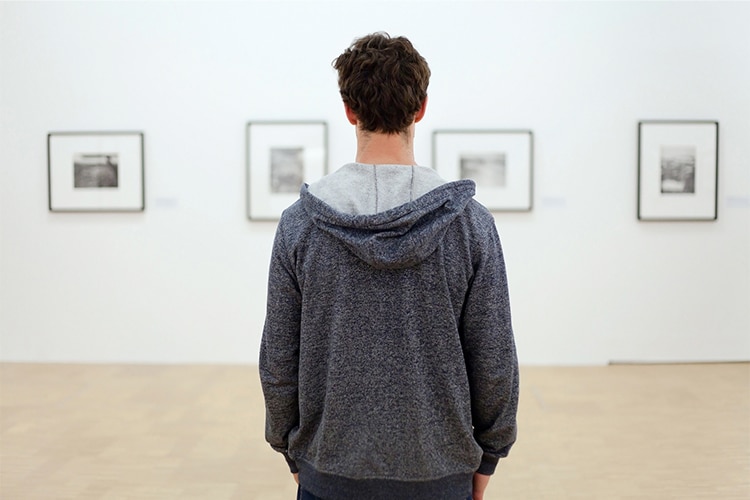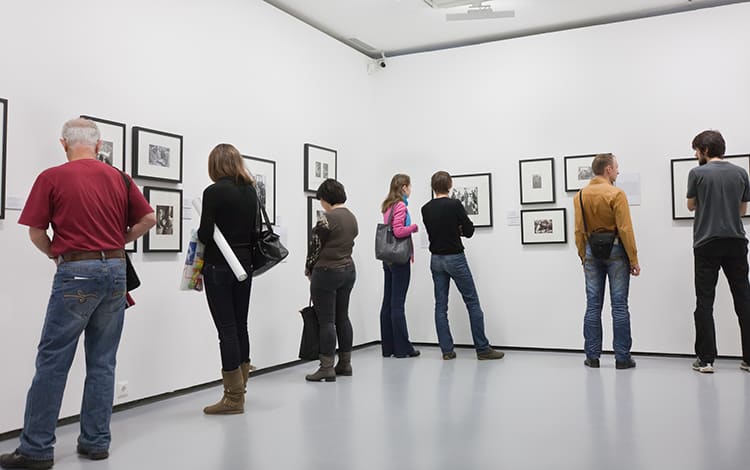Doctors in Brussels Can Now Prescribe Museum Visits For Mental Health

Photo: tupungato
Mental health issues are on the rise, and the impact of the pandemic hasn’t helped to stem the tide. There are many ways to improve our mental well-being. Recent studies have shown that art and culture opportunities can boost our mental health—including lowering our anxiety and depression and even improving our critical thinking skills. Doctors in Brussels are taking this kind of research seriously and are putting academic papers into action. They can now prescribe a museum or gallery visit in the city to combat those encroaching blues.
This innovative initiative is a pilot program that grants museum visits the status of psychological treatment. The program currently partners with four of Brussels’ museums and an arts center. Johan Newell, a psychiatrist at Brugmann University Hospital, emphasizes that the museum visits are not meant to be a solution, but a tool in the healing process, along with other interventions like therapy, medication, and lifestyle adjustments. “I think almost anyone could benefit from it,” he says. Patients will consult with their doctors before and after their outings.
Patients given a museum prescription are granted free entrance to explore the ancient underground pathways of the Sewer Museum, take a slow amble through the galleries of the contemporary CENTRALE, and lose themselves amongst the ancient textiles at the Fashion and Lace Museum, among other activities.
But what evidence is there that this new approach actually works? According to a review from the World Health Organization, results from over 3,000 studies over two decades have identified that the arts play a major role in the prevention of ill health, promotion of health, and management and treatment of illness across a person’s lifespan. “The beneficial impact of the arts could be furthered through acknowledging and acting on the growing evidence base,” the literature states. It also suggests the promoting of arts engagement at the individual, local and national levels as well as supporting cross-sectoral collaboration, as the Brussels doctors and museums are doing.
Montreal was the first city in the world to initiate museum prescriptions as a treatment tool. “By offering free admission to a safe, welcoming place, a relaxing, revitalizing experience, a moment of respite, and an opportunity to strengthen ties with loved ones, MMFA-MFdC Museum Prescriptions contribute to the patient’s well-being and recovery,” the Montreal Museum of Fine Arts website explains. Its projects don’t only assist people with mental health concerns, but also offer help to those with eating disorders, on the autism spectrum, people with intellectual challenges, epilepsy, cancer, Alzheimer’s, and the elderly.
Research from the University of London reveals that when a person views an artwork they find particularly beautiful, it releases dopamine into the brain—we literally get the same natural chemical hit when looking at cultural items of wonder or beauty as we do when we fall in love. This is, in fact, not new thinking in the history of our species. The German philosopher Hegel thought that art provided intuitive benefits to the viewer by showing us what earthly and divine freedom can look like. Plato, too, believed that the arts were powerful shapers of character, directly influencing our emotions and outlook.
This is more than the proverbial apple a day; perhaps if we all spent time exploring our local museums and galleries, we will know a deeper sense of fulfillment and connection. And if you’re in Brussels and your depression has hit too hard, a prescription for free entrance to a museum might be just what your doctor orders.
Doctors in Brussels can now prescribe museum visits to patients struggling with their mental health.

Photo: giuseppemasci.me.com
The prescribed museum visits are not meant to be a solution but are a part of a broader treatment plan.

Photo: anyaberkut
Studies have shown that art and culture opportunities can boost our mental health.

Photo: Vicdemi
Fascinating! And while we wait for it to happen here, I’ll make some extra visits to our wonderful local museums!
Susan— we r so fortunate to live in the San Francisco Bay Area where art is a part of life!
What a beautiful brilliant idea!!!
So much more uplifting than medication!!!